On June 25th, we commemorate the birth anniversary of Sucheta Kriplani, an iconic figure in Indian history who broke barriers and set new standards for women in politics. Her life, marked by dedication to the Indian independence movement and significant contributions to post-independence governance, is a testament to her unwavering commitment to her country. We celebrate Sucheta Kriplani's remarkable life and enduring legacy on her birth anniversary.
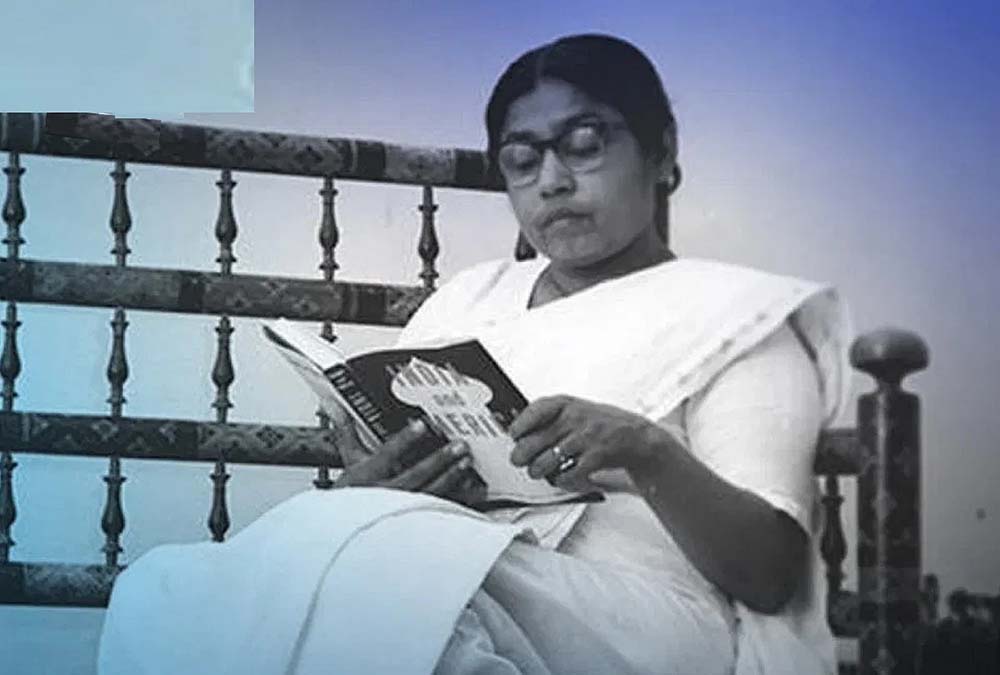
Her pioneering efforts in the Indian independence movement, her role in shaping the Indian Constitution, and her groundbreaking tenure as the first female Chief Minister of an Indian state serve as an inspiration to all.
Early Life and Education
Sucheta Kriplani was born in Ambala, Punjab, in June 1908. She completed her education at Indraprastha College, Delhi University, and began her professional career as a teacher of Constitutional History at Banaras Hindu University until 1939. In 1936, she married Acharya Kripalani, a prominent Congress party member and freedom fighter. Her marriage to Acharya Kripalani further cemented her involvement in the Indian independence movement and the Congress Party.
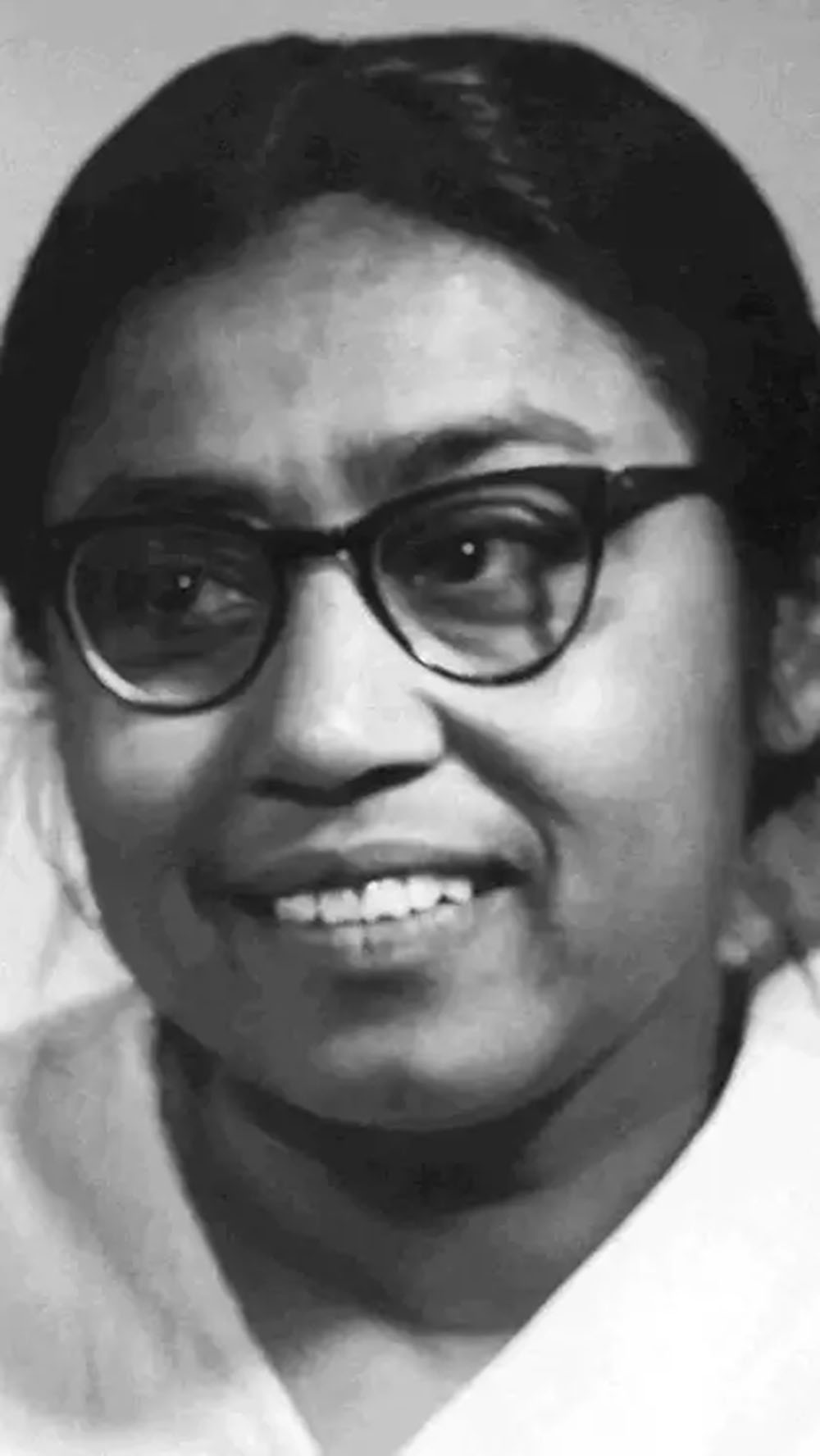
In 1938, Sucheta Kriplani officially joined the Congress Party and served as the Secretary to the Foreign Department and Women's Section for one and a half years. Her early involvement in politics and education laid a strong foundation for her future roles in India's struggle for independence and post-independence governance.
Role in India’s Independence Movement
During the 1940s, Sucheta Kriplani became an active participant in the Indian independence movement. Her involvement in the 1942 Quit India Movement was particularly notable. Despite the risk of arrest, she continued to evade the British authorities, demonstrating her resilience and dedication to the cause. In 1944, however, she was eventually arrested and detained for a year. Her imprisonment only strengthened her resolve to fight for India's freedom.
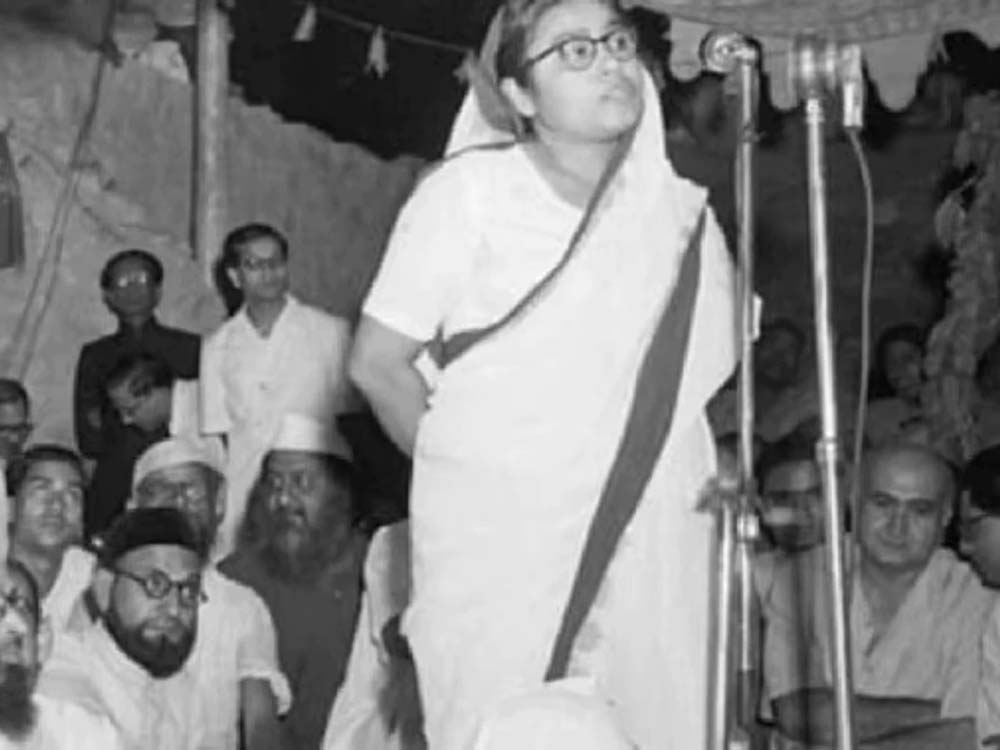
Kriplani's contributions to the independence movement were not limited to her activism. She played a significant role in mobilizing women and advocating for their participation in the struggle for freedom. Her efforts helped to bring women to the forefront of the movement, highlighting the importance of their contributions to India's independence.
Contribution to the Constitution
In 1946, Sucheta Kriplani was elected to the Constituent Assembly from the United Provinces. Her role in the Constituent Assembly was crucial, particularly as a member of the Flag Presentation Committee, which presented the first Indian Flag before the Constituent Assembly. Her involvement in the drafting of the Indian Constitution underscored her commitment to shaping the future of the newly independent nation.
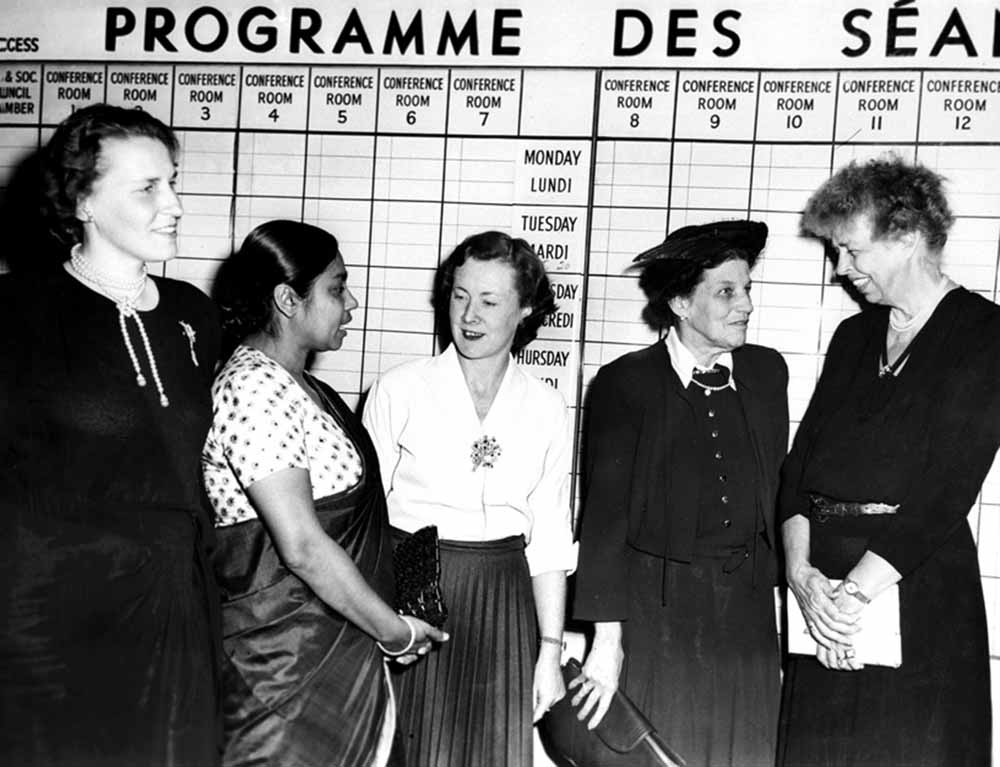
Kriplani's contributions to the Constitution-making process were significant. She advocated for women's rights and ensured that their voices were heard in the drafting of the Constitution. Her efforts helped to lay the groundwork for a more inclusive and democratic India.
Later Contributions and Political Career
Following India's independence, Sucheta Kriplani continued to play a vital role in the country's political landscape. As a staunch Gandhian, she accompanied Mahatma Gandhi to Bengal during the Partition riots, where she played a crucial role in the rehabilitation of refugees. She served as the Secretary to the Relief and Rehabilitation Committee set up by the Congress Party, demonstrating her commitment to humanitarian efforts.
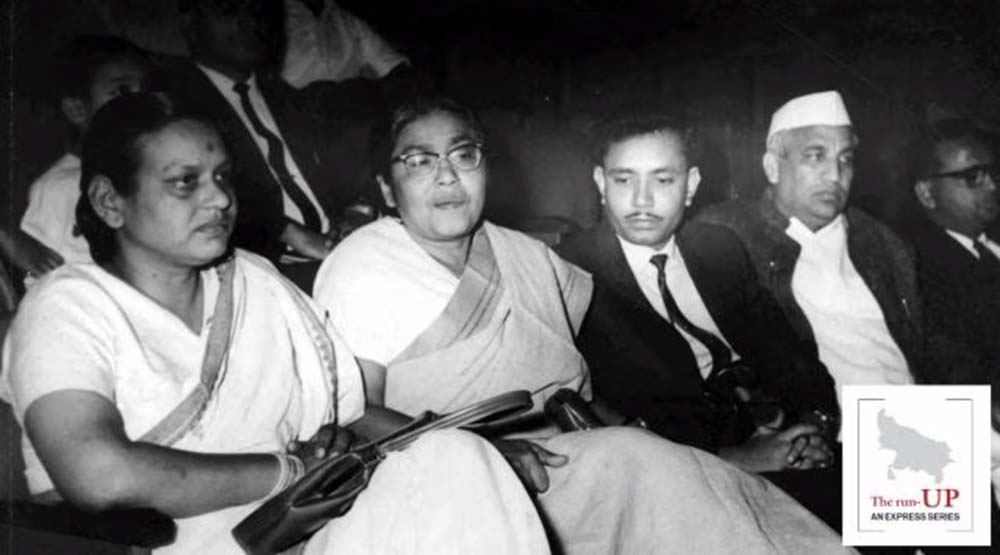
Kriplani was one of the first women parliamentarians in independent India. She served as a member of the Provincial Parliament (1950-52), the First Lok Sabha (1952-56), and the Second Lok Sabha (1957-62). Her political career in Uttar Pradesh was marked by significant achievements, including her tenure as a Member of the Uttar Pradesh Legislative Assembly (1943-50) and Minister of Labour, Community Development, and Industry (1960-1963).
In October 1963, Sucheta Kriplani made history by becoming the first female Chief Minister of an Indian state, leading Uttar Pradesh until March 1967. Her election as Chief Minister was a groundbreaking moment in Indian politics, setting a precedent for future generations of women leaders.
Kriplani also represented India on several international delegations, including the Parliamentary Delegation to Turkey (1954), the International Labour Organization (1961), the United Nations General Assembly (1949), and the United Nations Seminar on Civic Responsibility and Increased Participation of Asian Women in Public Life (1956).
Legacy and Key Writings
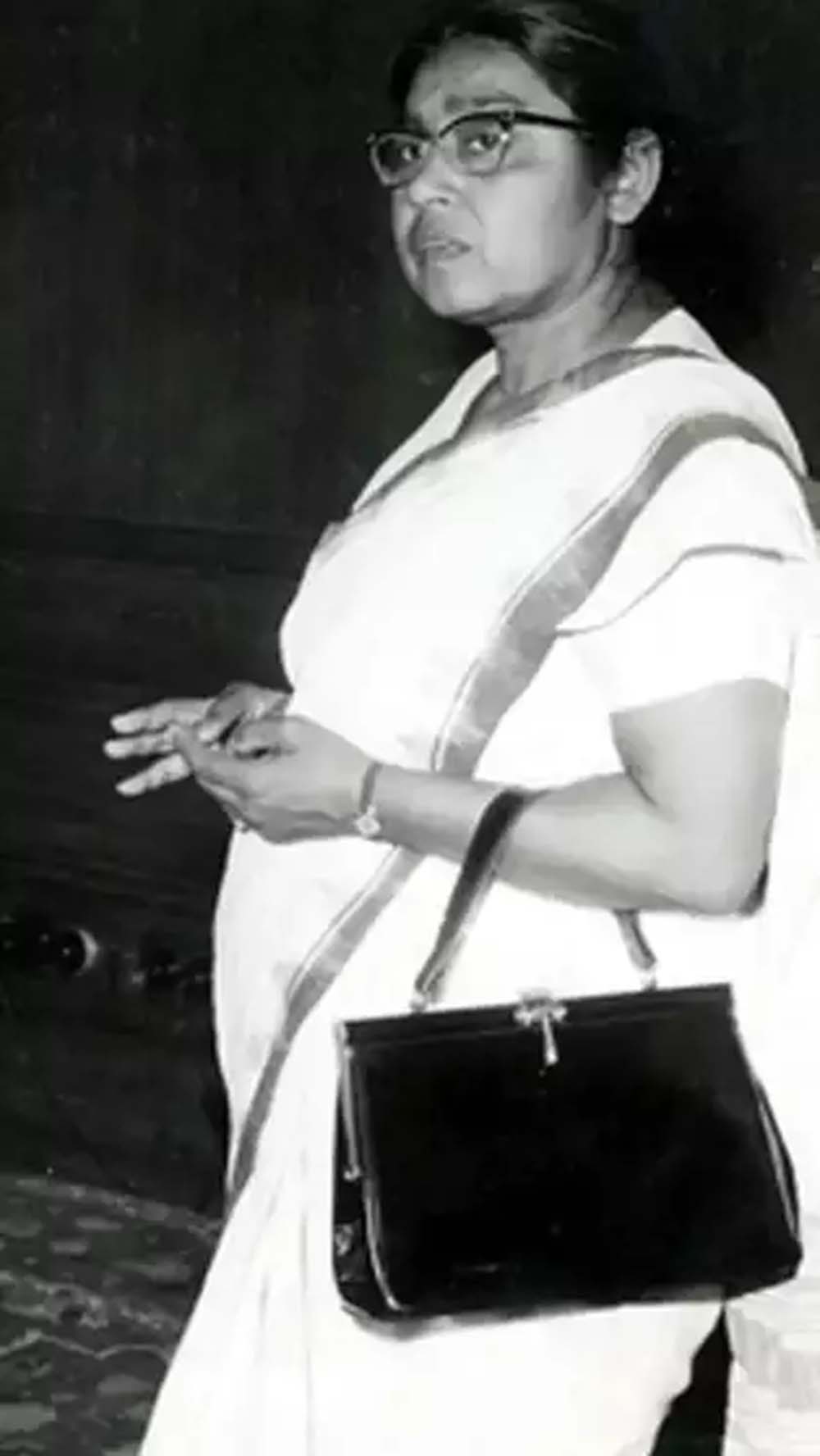
Sucheta Kriplani passed away in 1974, but her legacy continues to inspire generations of women in politics. Her life and achievements are chronicled in her autobiography, "Sucheta: An Unfinished Autobiography," which recounts her experiences up to 1947. Her writings provide valuable insights into her personal and political journey, highlighting her contributions to India's independence and post-independence governance.